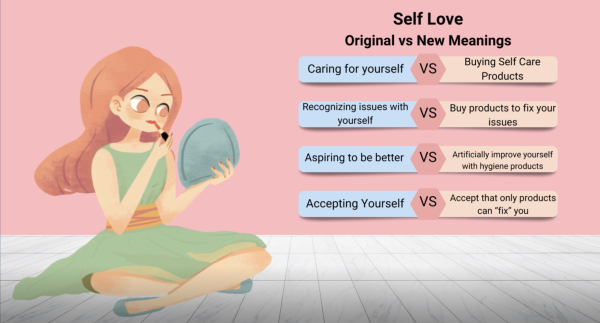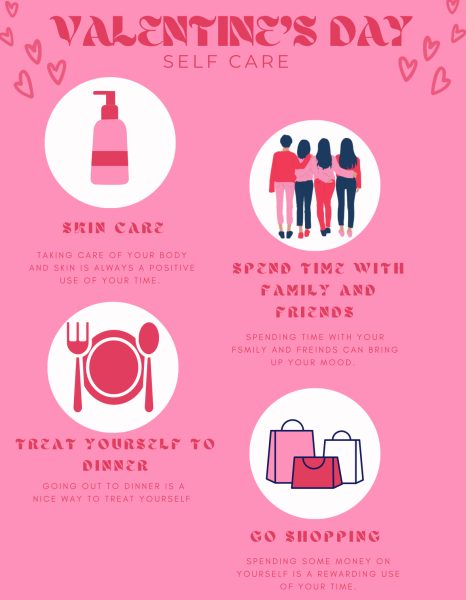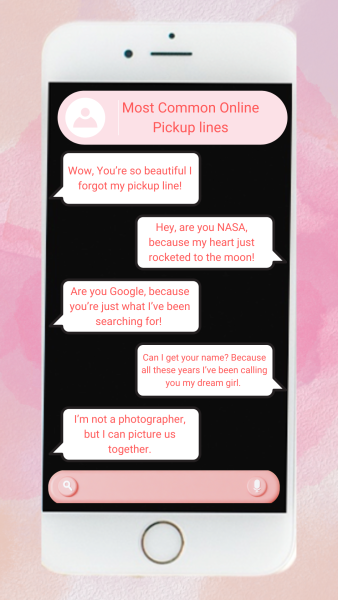The increase of phone addicts among Gen Z
Snapchat, Instagram, Facebook, Twitter and other social media apps are intricately designed apps to make people continuously scroll through the little wired box called a smartphone.
Throughout the years, the goal of owning technology has shifted. It is no longer looked upon as a privilege used to stay connected with other people or used for efficiency.
According to Pew Research Center about 95% of American teenagers own a smartphone, and 45% are constantly active on the internet. About 9 out of 10 teenagers admitted that they use their phone to pass time. Instead of using their phone to stay connected, network or learn new things, they are scrolling through social media recklessly and meaninglessly.
This is overwhelming. For both students and parents. Many students have raised concerns on whether they are on their phone too much.
Students are already flooded with homework, extracurricular activities, and personal events in their life. At a vulnerable age, where self-discipline is a frail skill, many would use technology or social media as an escape to their problems such as avoiding “face-to-face interactions” according to Pew Research Center.
Asking out their friends over text. Breaking up over text. Talking about important events over text and making assumptions based on their interpretations of the tone of the text.
We have all heard the phrase, “too much of something is dangerous.” Social media has been proven to be a weapon towards teenagers.
It can be a tool to network and reach out to a broader audience, but it can also be used to harass, stalk or corner people.
The constant sound of a new notification- x person has liked your pictures or x number of people are following your social media account– ceaselessly picking up their phone during valuable time such as doing homework or hanging out with loved ones.
Since 2015, about 13 out of 17 teenagers would rather communicate via text than talk in person according to an article by Andrew Hutchinson on Social Media Today. Faces glued to their phone which causes third-rate communication skills, deterioration of mental and physical health, lack of concentration and destitute of coping mechanism.
Not to say digital minimalism is the way to live, nor minimalism in general, but to consistently make excuses as to why teenagers are constantly on their phone rather than getting their work down, is a fault in a generation where new technology is consistently being released.
Students need to limit their screen time and learn to utilize technology in a more productive and efficient ways.
While technology makes information more accessible, it is creating poor study habits. Phones are a distraction in learning environments argued in an article by Jon Ireland on Classroom.
Ireland said, “Many students have trouble finishing essays or doing some important reading,” because they feel the compulsive need to check their bank accounts, text messages, emails, and other distracting apps.
Decreasing screen time would be beneficial for students, because it is a form of self-discipline, but it will also decrease the amount of stress students face since their brain will not be overwhelm by constantly processing what is on the internet, and it will fix sleep habits since the light “emitted from screens interferes with sleep cycle in the brain,” according to psychotherapist, Amy Morin.
When opportunities are high, and resources are more in reach than ever because of technology, to waste the limited hours in each day due to the very same factor, is an atrocious act and betrayal to oneself.





